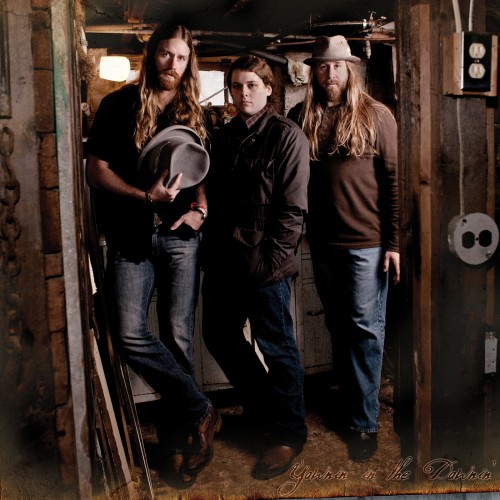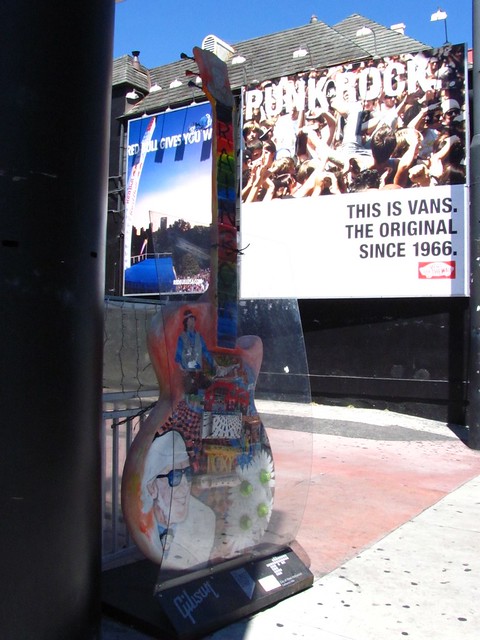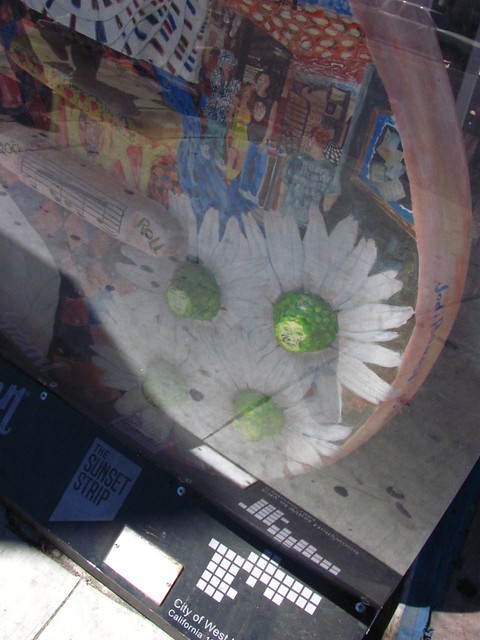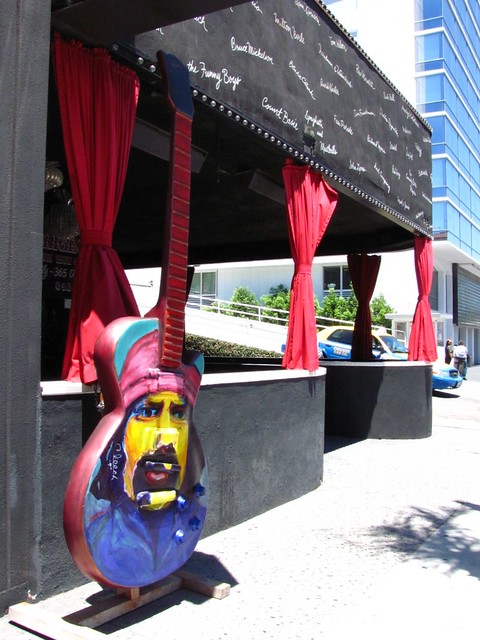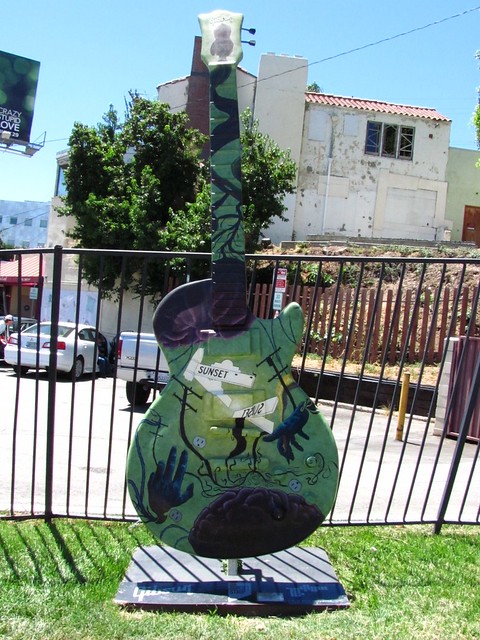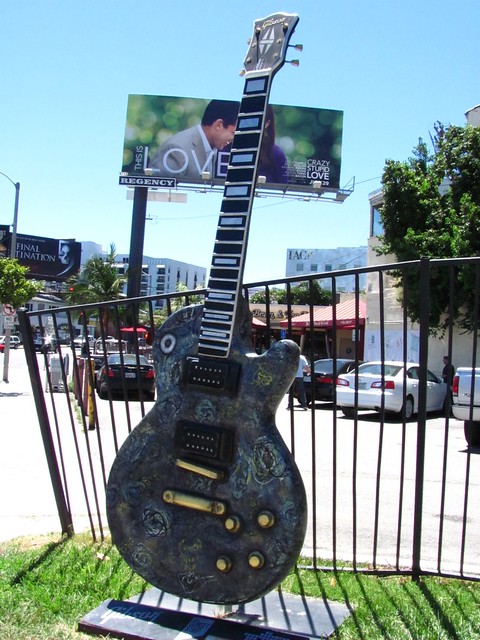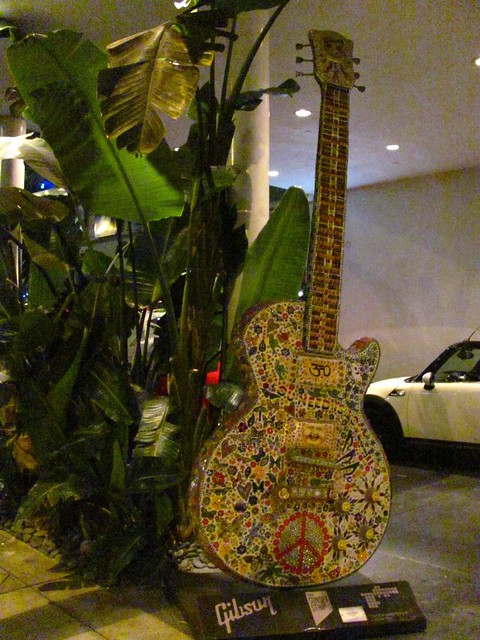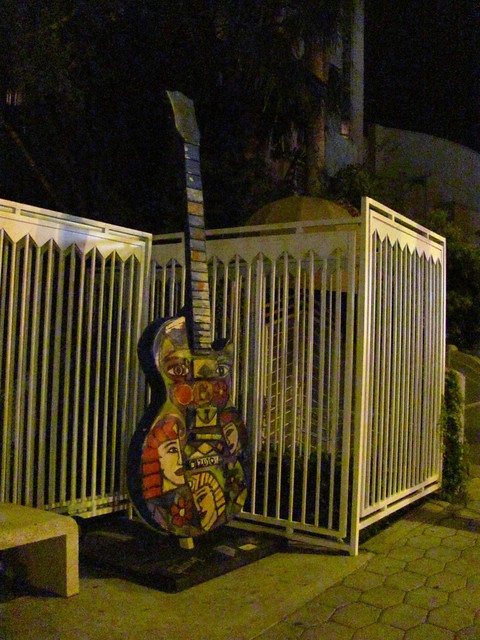
NTSIB friend and cohort Joy Wagner kindly offered this sweet little interview/show review to us and the good dudes at Citizen Dick. Check out Diamond Doves’ music at their MySpace (and then entreat them to get off of MySpace).
The odds are good that, if you’re a regular follower of this blog, you’ve already heard of the Diamond Doves. They’ve backed up and opened for several popular acts: A.A. Bondy, The Felice Brothers, Elvis Perkins. In fact, they were Dearland, as in “Elvis Perkins In.”
These days, they’ve struck out on their own, but they’re not trying to ride any coattails. The Doves are doing this all themselves.
“With our band, we’re trying to break every rule we set for ourselves [in the previous band],” says Wyndham Garnett (guitar, trombone, vocals).
Brigham Brough (bass, vocals, saxophone) agrees. “Our past material taught us what we’re capable of and what we wanted to do. But we’re trying less to build off of that platform than to create anew.”
Which isn’t to say that they’re arrogant — just that they’ve learned from experience. Nick Kinsey (drums, clarinet, vocals) maintains “We’ve hit the ground running.”
And indeed, in the space of a few months, they seem to have picked a direction and headed for it full bore. In April, when I last saw them, they were playing upbeat, catchy, and well-orchestrated but fairly mild tunes: solidly enjoyable opening-band material. Between then and August, however, they’ve shifted into floor-shaking, guitar-driven indie rock that can convince even a notoriously apathetic Williamsburg hipster crowd to dance.
Garnett attributes this to the album they’ve been recording. “We’ve been working our ass off to make the new record and we want everyone to hear it.”
“We always want people to dance,” says Brough. “We want to write good songs and make good music. [Within the band] we want to inspire and challenge each other.”
Which seems to be working out pretty well. Their songwriting method is democratic, with each band member contributing his part and allowing the others to fill in theirs. Each takes his turn at singing, while Brough and Garnett often trade instruments onstage. Each has his own distinctive sound, and there is no clear frontman in the typical sense of the word.
Brough acknowledges that this approach is both “our biggest strength and our biggest weakness,” and that it keeps them on their toes.
Garnett asserts that with his contributions, “I want to impress my homeboys and give them something good to play.”
“Our energy ties it together,” says Kinsey, adding that the trio’s longtime friendship has given them a significant nonverbal connection. And indeed, their democratic interactions carry over off the stage. When I caught up with them after their set, they were affable, personable, visiting with friends and chatting over a shared plate of chicken wings. They have a habit of contributing to and even finishing one another’s sentences. The Diamond Doves are just three friends who are also in a band, making music they want everyone to check out.
“We speak music to each other,” Garnett explains, and I readily believe that.
After the chicken wings had vanished, the trio went outside to watch the other bands on the bill and catch up with Elvis Perkins, who’d offered a supportive presence; I sat in the lobby organizing my notes. A young man sharing the sofa explained that he’d journeyed all the way from Pennsylvania to hear the headlining act, and asking what I had come for. When I told him, he frowned in thought for a moment.
“The Diamond Doves, were they the first act?” He paused, then grinned. “They were fucken awesome.”
Between that and the dancing hipsters, I think this is a good sign.
Diamond Doves opening for the Felice Brothers, Club Helsinki, Hudson, NY, 3.26.11





